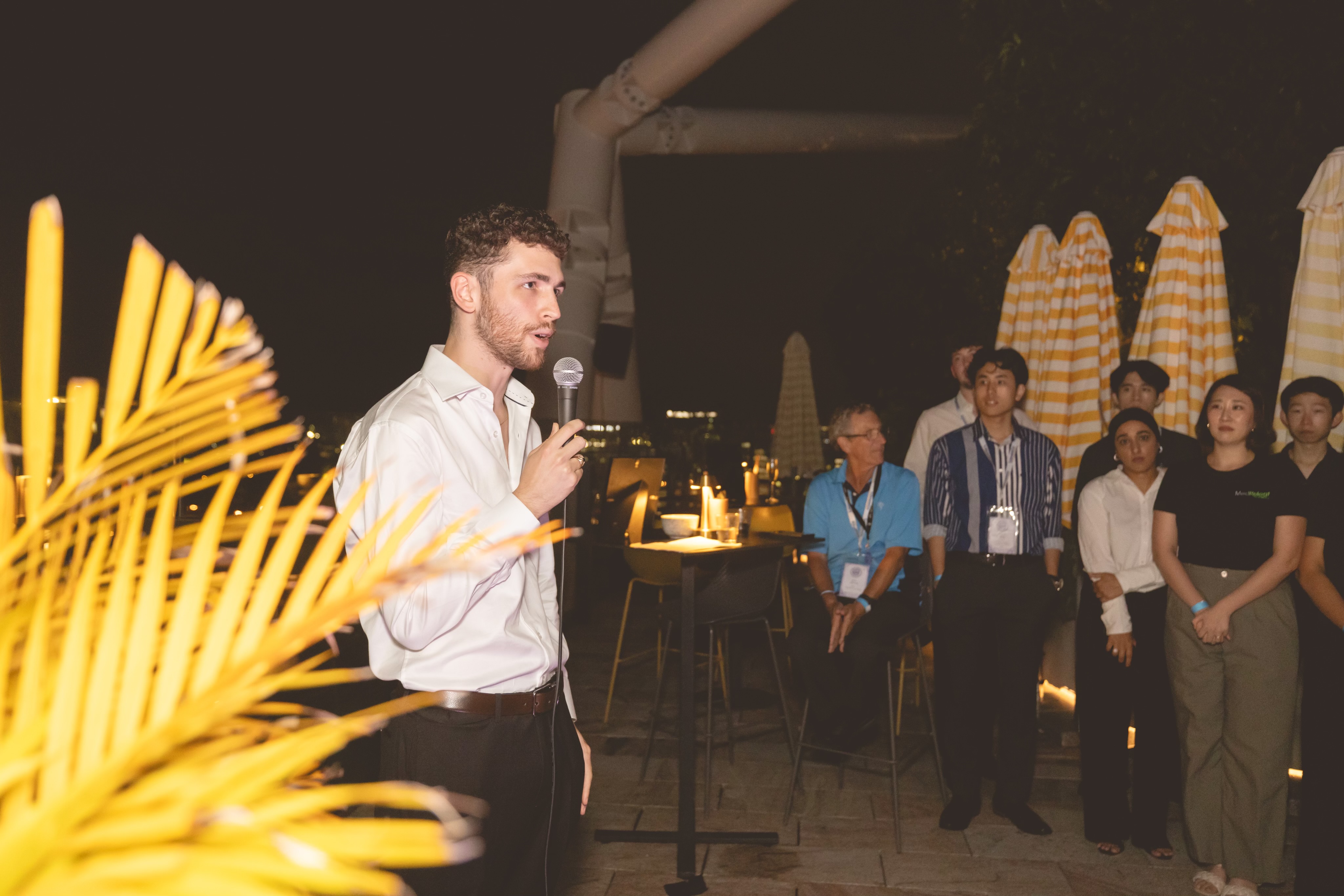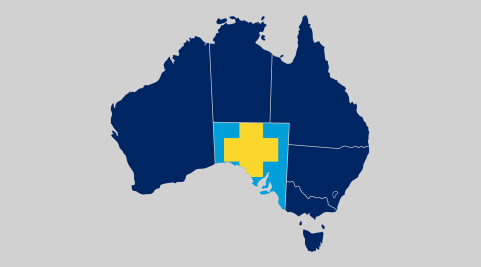Mandatory unpaid placements are placing significant financial and mental strain on students in critical healthcare fields, including pharmacy, physiotherapy, occupational therapy, and psychology. With up to 1,000 hours of unpaid work required to graduate, many students are unable to work part-time or casual jobs to support themselves.
These placements, while crucial for hands-on learning and professional development, make it difficult for students to maintain part-time or casual jobs to support themselves. Combined with the current cost-of-living crisis, this financial burden, known as "placement poverty," is forcing some students to skip meals, endure rental stress, or even face homelessness.
The Health Students Alliance, a newly formed national body backed by 29 student associations—including the National Australian Pharmacy Students' Association (NAPSA), James Cook University Association, and RMIT Association of Pharmacy Students —represents tens of thousands of pharmacy and allied health students. The alliance is calling for urgent reform after the 2024 Federal Budget extended financial support to nursing, midwifery, teaching, and social work students but excluded allied health professions. Their campaign seeks to have financial support expanded to allied health students starting in July 2025.
 Sebastian Harper, NAPSA President, announcing the new Health Students Alliance at the 2025 NAPSA Congress
Sebastian Harper, NAPSA President, announcing the new Health Students Alliance at the 2025 NAPSA Congress
Australia is already facing critical shortages of healthcare professionals, and placement poverty is making it harder for students to complete their degrees. A national survey of pharmacy students revealed:
- 84% had to take unpaid leave from work for placements
- 86% experienced financial hardship during placements
- 56% skipped meals due to financial strain.
The Health Students Alliance warns that without financial support, many students may abandon their studies, exacerbating workforce shortages in essential healthcare fields.
For pharmacy student Shi-Anne, placement poverty has been a significant challenge.
“As a proud Mamu woman from the Innisfail region, I was the first in my family to graduate high school and the first to go to university. I am excited for my placement in January, but it has already cost me $4000 for accommodation, not including flights or groceries. This is on top of my rent and bills I have to pay at home. This is something that myself, and many students from more rural hospitals worry about in order to get experience in major hospitals.”
Leilani, a pharmacy student at the University of Newcastle, shared her experience:
“My experience with placement poverty put a strain on my love for Pharmacy as a profession. As a student, I have been struggling to support myself between my part time work in community pharmacy, and full-time studies. This strain is particularly evident during placement periods, where I am expected to work full-time for free, study full-time, and work on weekends in an effort to afford food and rent.
“Often times, my physical and mental health has taken the impact, and I have found myself putting work over my own health and wellbeing. There seems to be no recognition for students who must live out of home to attend classes in the city, living to afford rent and utilities, and being sent across the state and even across the country on our own savings to then work for free.”
The Health Students Alliance is calling on the government to expand placement allowances to all allied health students. Their message is clear: “Look After Us Today, So We Can Look After You Tomorrow.”
By removing financial barriers, the campaign aims to ensure a steady pipeline of skilled healthcare graduates to meet Australia’s growing healthcare needs.
To learn more about the campaign and how you can support future healthcare professionals, visit https://healthstudentsalliance.org.au.


